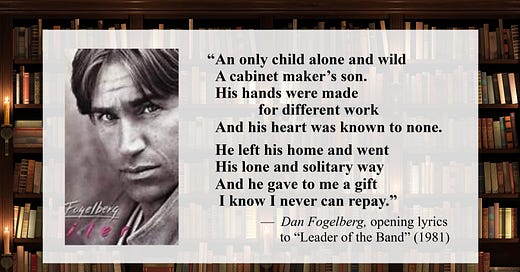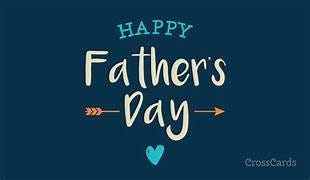Dr. Mardy's Quotes of the Week ("Fathers & Fatherhood")
June 16—22, 2024 | THIS WEEK: “Fathers & Fatherhood"
On this one special day in which we honor the role of fathers in human life, take a moment to reflect on the fathers you’ve known and, for many of you men out there, the father you’ve been.
When we see adult children honoring their fathers in meaningful ways, our hearts are warmed—and our eyes often moistened. There is no better tribute than “Leader of …
Keep reading with a 7-day free trial
Subscribe to Dr. Mardy's Substack to keep reading this post and get 7 days of free access to the full post archives.



